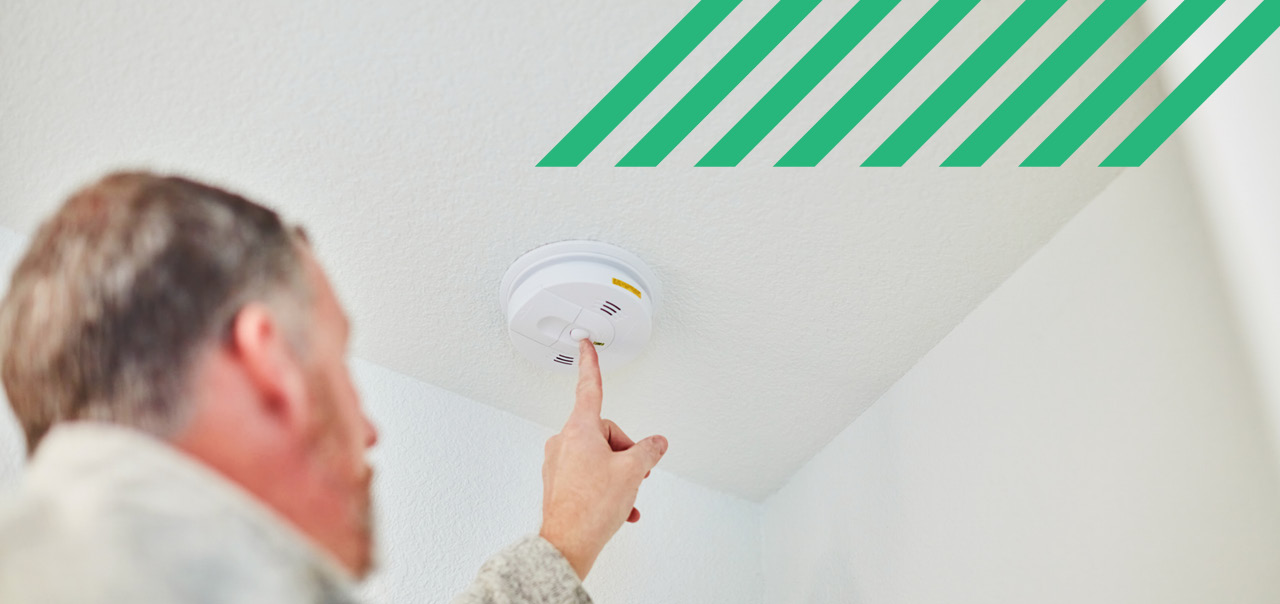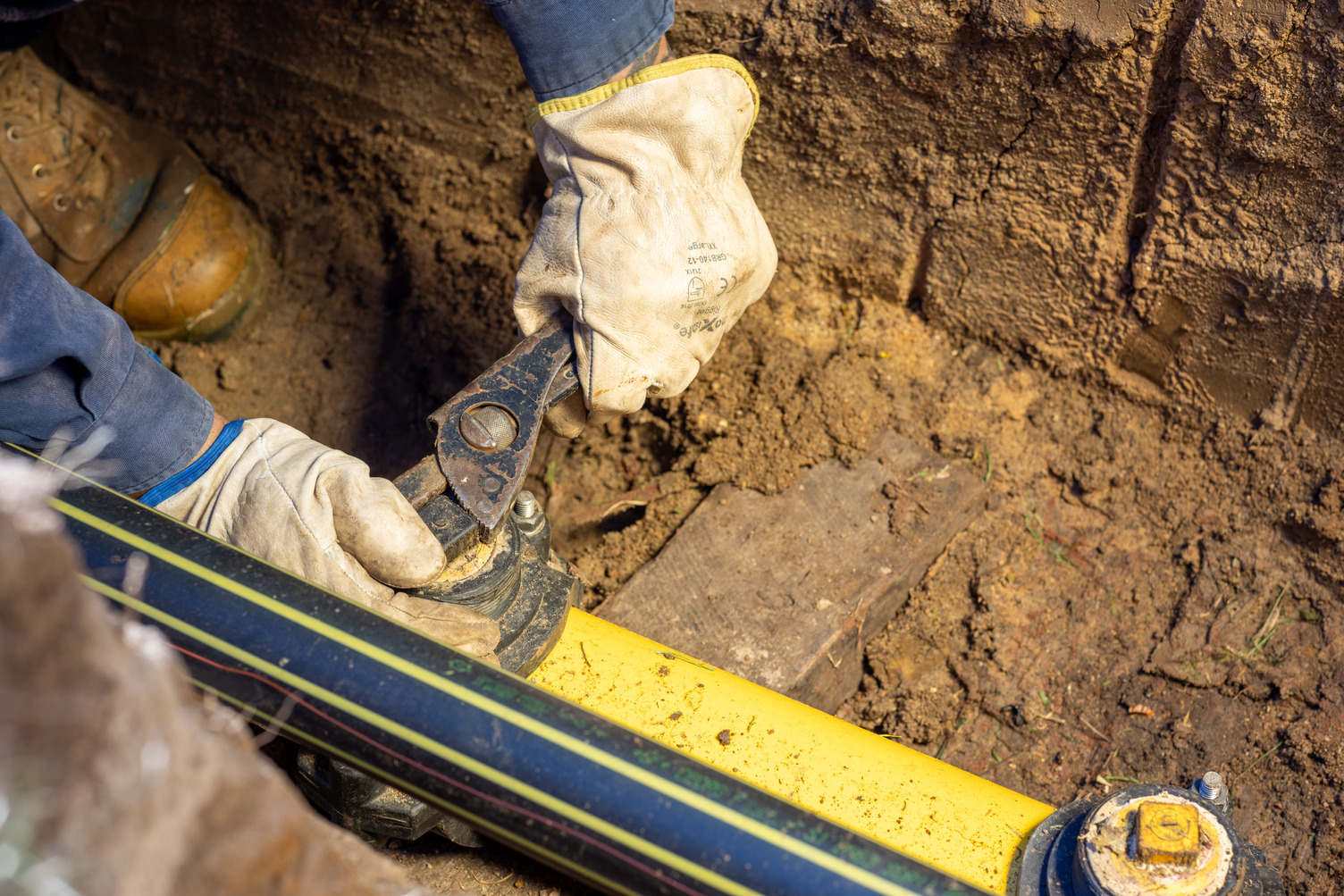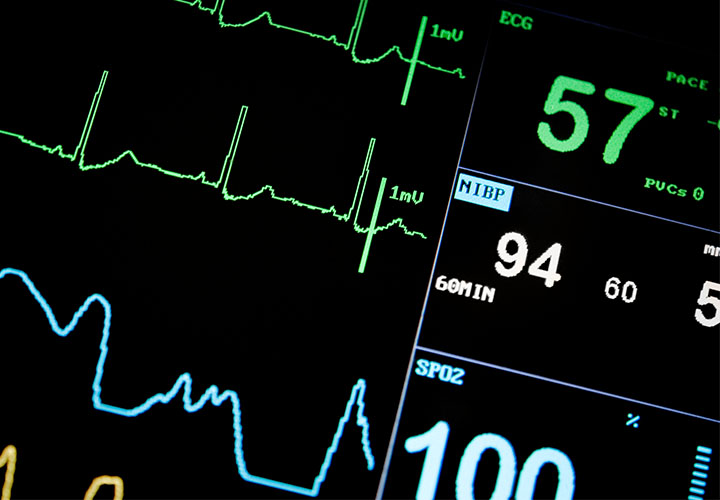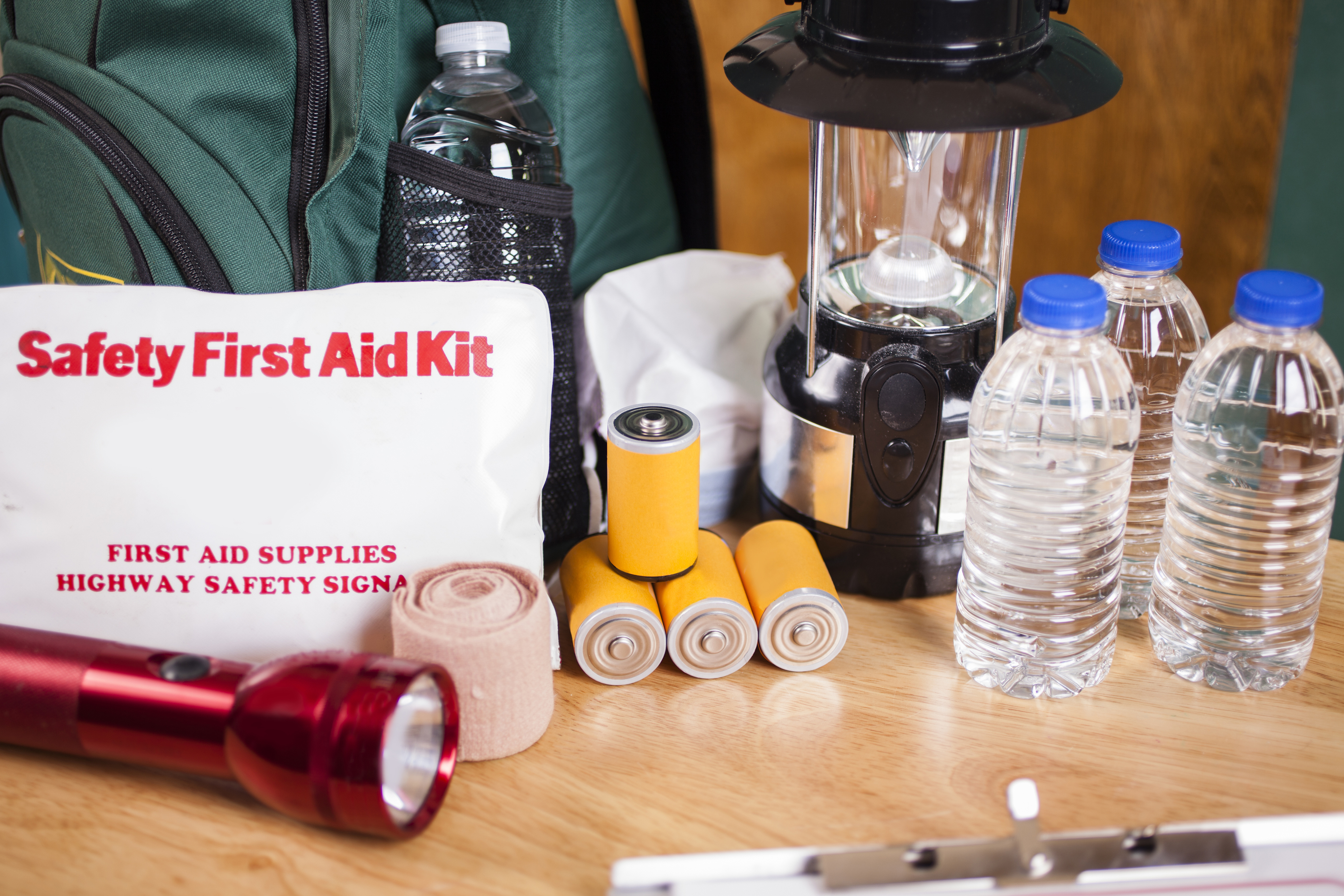Carbon monoxide
- Consider installing a carbon monoxide alarm as a safety measure. For more information, visit Energy Safe Victoria.
- Don’t leave your gas heater on overnight or for extended periods.
- Don’t use kitchen rangehoods, toilet or bathroom exhaust fans at the same time as your heater. It can create a negative pressure environment, drawing carbon monoxide into living spaces. For more information, visit Energy Safe Victoria.
- Make sure your home has enough ventilation – check your fans and exhausts are clear, and leave a window open if necessary, especially if your heater is open-flued. For more information, visit Energy Safe Victoria.
- Do you know the symptoms of carbon monoxide poisoning? It’s important to act quickly if you suspect you’ve been affected – turn off the suspected faulty appliance, open doors and windows, and leave the property. Learn more at Department of Health.





